Learning About Opiates
Introduction Opiates are medicines used to relieve moderate to severe pain. They may be used for a short time for pain, such as after surgery. Or they may be used for long-term pain. They don’t cure a health problem. But they help you manage the pain. Opiates relieve pain by changing the way your body […]
Learning About Safe Use of Long-Acting Opiates
Introduction Long-acting opiates relieve moderate to severe long-term pain. They are also called extended-release opiates. Opiates relieve pain by changing the way your body feels pain. They don’t cure a health problem. They help you manage the pain. If you take a lot of short-acting pain medicine, your doctor may give you long-acting opiates. They […]
Safe Use of Opiate Pain Medicine: Care Instructions
Your Care Instructions Pain is your body’s way of warning you that something is wrong. Pain feels different for everybody. Only you can describe your pain. A doctor can suggest or prescribe many types of medicines for pain. These range from nonprescription medicines like acetaminophen (Tylenol) to powerful medicines called opiates. Opiates work well to […]
Pain Medicine Side Effects: Care Instructions
When you go to a medical facility in pain, you may get a strong medicine to give you relief. The medicine may be given in a vein (by IV) or as an injection (shot). Examples of this type of pain medicine include fentanyl, hydromorphone, and morphine. While these medicines help relieve pain, they also have […]
Pain Medicine: Care Instructions
Pain can keep you from doing the things you want to do. Medicine may help you feel better. There are many kinds of pain medicine. One type you can buy over the counter is acetaminophen (Tylenol). Other medicines help both pain and swelling. These are called nonsteroidal anti-inflammatory drugs (NSAIDs). They include aspirin, ibuprofen (Advil, […]
